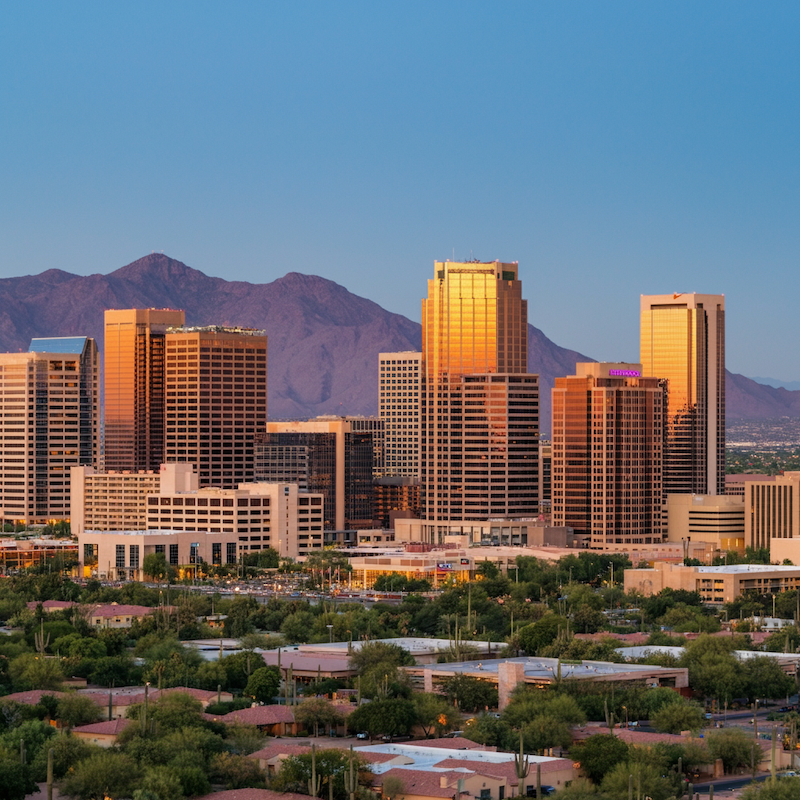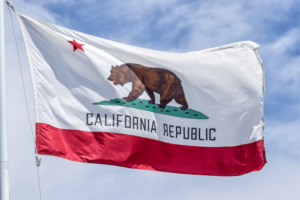[Dramatic Changes in the Japanese-English Bilingual Labor Market in the US] 13. Which U.S. States Are Popular for Business?
When Japanese people think of well-known U.S. states, California and New York (more precisely, New York City) often come to mind. Hawaii is also popular, at least for tourism. But what about from a business perspective?

To many Japanese, states that are famous for sightseeing often seem to overlap with those assumed to be best for business expansion. In other words, the rest of the U.S. may feel like uncharted territory, simply because it’s less familiar.
Unlike Japan, where everything remains highly centralized around Tokyo, the United States—like Germany, where I once lived for a total of seven years—is clearly a decentralized country. While California and New York are iconic economic hubs, they also have strict labor protection laws, which can present considerable challenges for companies looking to expand.
States like Texas, Florida, Tennessee, and Washington—seven states in total—do not impose state income tax. Among them, Texas and Tennessee offer relatively low living costs and spacious housing, which are major advantages. More and more companies are relocating their headquarters to Dallas, Texas. Atlanta, Georgia, has also attracted a number of Hollywood film companies, and one of the Godzilla films starring Ken Watanabe was shot there.
The southeastern U.S., like the Midwest, has long relied on manufacturing, but cities like Atlanta are now positioning themselves as regional service and entertainment hubs—perhaps aiming to become the “Manhattan of the Southeast.” As a result, the city is pursuing a different growth trajectory than in the past. States like Ohio, Indiana, Kentucky, North Carolina, and Alabama are also attracting more businesses, each leveraging their regional strengths.

Arizona, known for its semiconductor industry, is another state drawing attention. More recently, Kansas—with its extremely low labor costs—has also emerged as a notable destination for business expansion.
New York and Los Angeles, located on the East and West Coasts, respectively, often require business travelers to spend over six hours flying to other regions. In contrast, operating from the central U.S. allows for easier access across the country, typically within three to four hours—an appealing advantage for nationwide business operations.
With high-speed internet infrastructure now widely available and industries thriving in many parts of the country, the U.S. economy still has plenty of room to grow.
It would be wonderful to see Japan move toward a similar model—shifting away from Tokyo-centric development and instead revitalizing regional areas through industry diversification, job creation, and globalization.
Written by Masato Fujihara, President
Interesse International Group
Came to New York as an expatriate for an HR company in January 1994. Became independent in 1996 and started own business in defiance of return-to-Japan order by the company. Currently, Interesse International Group has 11 locations in the United States and established a Japanese subsidiary in 2022. With 30 years of knowledge and experience in the HR industry, Interesse International Group delivers practical information to clients.


